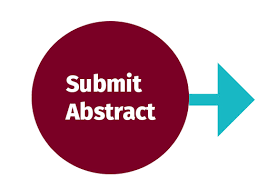Omphile Rashope
University of Witwatersrand, South Africa
Title: Utilising Education to combat technology barriers to improve the uptake of mental health apps among health care workers in South Africa
Biography
Biography: Omphile Rashope
Abstract
Given that a considerable number of studies indicate empirical evidence on mental health technology
applications, there still exist problems of translating clinical interventions into practice internationally and
nationally. About 14 000 deaths per annum are caused by suicide, with 280 000 suicide attempts in South Africa,
making it the second most common cause of death among youth. Exacerbating the issue is the low uptake of
the mental health app (MHA) due to the negative attitudes of healthcare workers (HCWs). Hence, the paper
investigates the implementation strategy of educating HCWs on combatting technology barriers of the MHA.
By educating HCWs, they further impart it to their clients to reduce mental health issues. Measurements of
determinants and outcomes are conducted using a quantitative, quasiexperimental approach before and after
implementing the evidence-based MHA. An interview using a Likert scale measures determinants, and a survey
measures outcomes. According to the findings, a lack of digital literacy and interoperability limitations contribute
to the low uptake of the MHA among HCWs. Increasing the uptake of the MHA seems promising partly due to
the Covid-19 pandemic proving that Telehealth is effective. Although some HCWs are stagnant in their negative
attitudes, more findings indicate great potential for 2 the HCWs to change their attitudes after educational
workshops to increase the uptake of the MHA in South Africa. Additionally, the successful implementation of
the MHA in mental health facilities requires integration with existing computer systems. Future implementation
research must consider investigating fidelity to further reduce mental health issues using the MHA.

